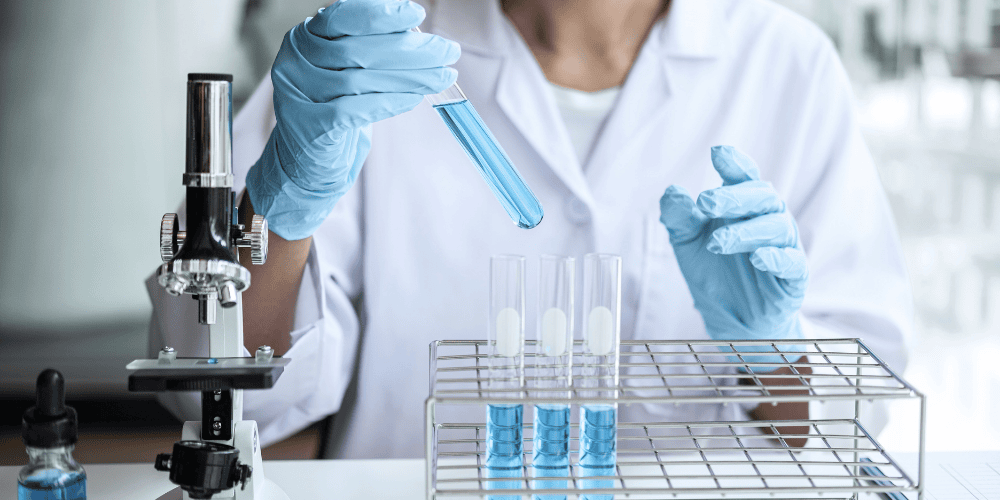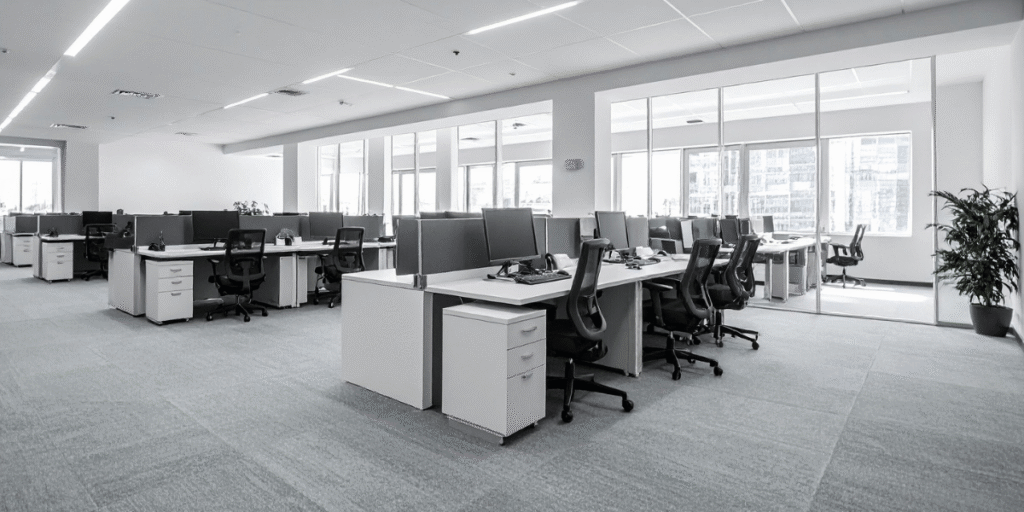Medical Biotechnology & the Rise of Specialized Lab Facilities

In today’s fast-growing life sciences sector, medical biotechnology is driving groundbreaking discoveries that change the way we diagnose, treat, and prevent disease. From gene therapies to vaccines, biotechnology in the medical field has transformed healthcare. But behind every innovation lies a critical element: specialized lab facilities designed to support advanced research and development.
What Is Medical Biotechnology?
So, what is medical biotechnology?
In simple terms, it is the application of biotechnology to the medical field, with a focus on improving human health. By using living cells, organisms, and molecular tools, medical biotechnology helps researchers and companies create therapies, diagnostic tests, and vaccines.
Examples of biotechnology in medical fields include:
- Development of monoclonal antibodies for cancer treatment
- Creation of insulin through recombinant DNA technology
- Rapid production of COVID-19 vaccines
- Personalized medicine approaches tailored to genetic profiles
This branch of biotechnology is now one of the most active and well-funded areas in healthcare innovation.
Why Specialized Lab Facilities Matter
The success of medical biotechnology depends on access to facilities that meet strict technical and regulatory requirements. Traditional office or R&D space is not enough — specialized labs are built to handle sensitive processes, hazardous materials, and highly precise workflows.
Key Features of Specialized Medical Biotech Labs
- Clean Rooms and Sterile Environments – essential for ensuring accuracy in genetic and molecular work.
- Ventilation and Safety Systems – designed to meet biosafety standards for handling pathogens or cell cultures.
- Flexible Layouts – to accommodate both wet labs and dry labs, supporting research from computational biology to hands-on testing.
- Robust Infrastructure – high electrical capacity, backup generators, and advanced HVAC to support sensitive equipment.
- Proximity to Ecosystems – locations near universities, hospitals, and biotech clusters help accelerate collaboration and talent recruitment.
These facilities do more than provide space; they shape the speed and safety of innovation.
The Growth of Biotechnology in the Medical Field
Investment in biotechnology medical research continues to rise. According to industry reports, U.S. biotech employment surpassed 2.1 million jobs in 2022 (Statista), with medical biotechnology representing a significant share. Much of this growth is concentrated in major clusters such as the San Francisco Bay Area, Boston-Cambridge, and San Diego — markets where demand for specialized lab facilities consistently outpaces supply.
This has fueled the rise of purpose-built lab developments and conversions of traditional office buildings into biotech-ready spaces. Investors and landlords recognize that medical biotechnology companies require more than just square footage — they need infrastructure tailored to discovery and compliance.
Conclusion
Medical biotechnology is redefining healthcare through life-saving therapies, personalized medicine, and cutting-edge research. As demand accelerates, so too does the need for specialized lab facilities that enable this work to thrive.
At IPG, we work closely with biotech and life sciences companies to identify lab spaces that align with both technical requirements and long-term growth strategies. Because in the biotechnology medical sector, the right space isn’t just a backdrop — it’s a catalyst for innovation.



